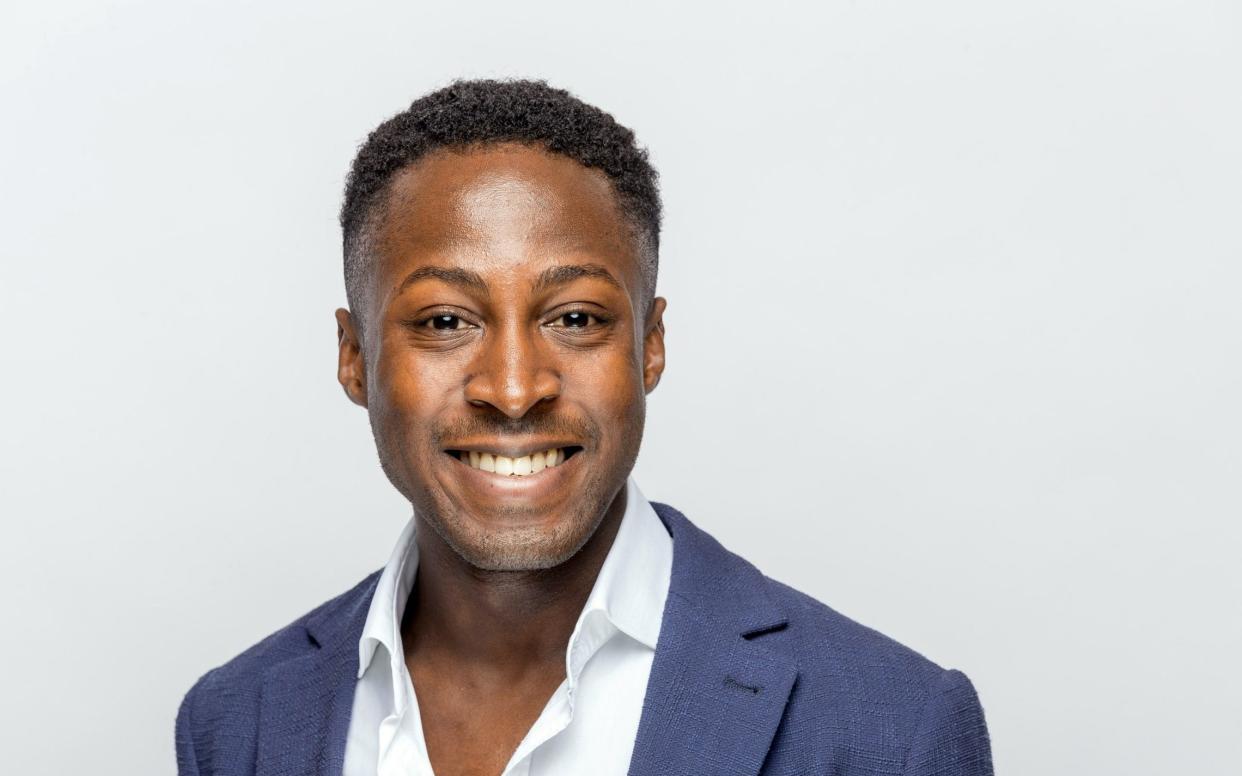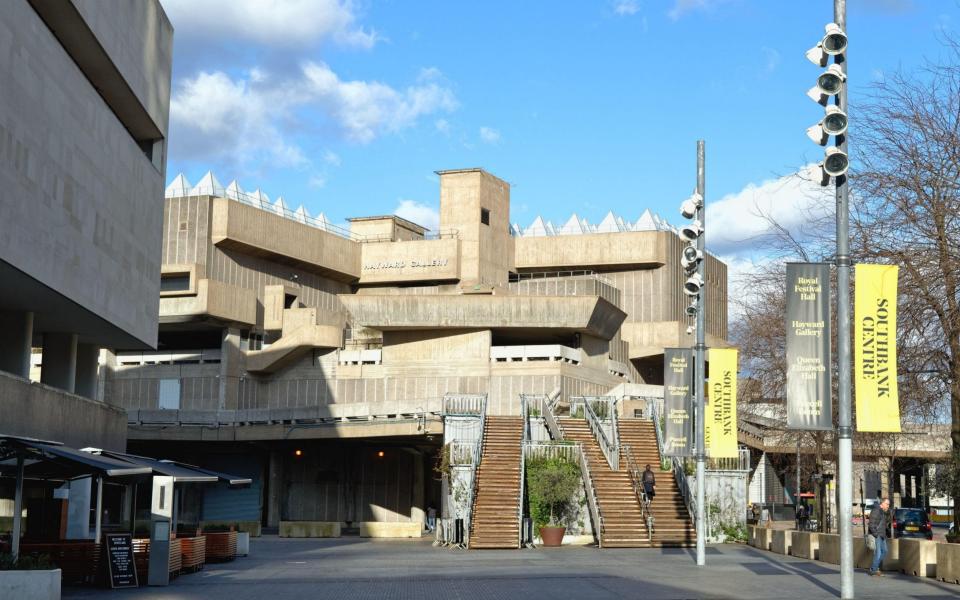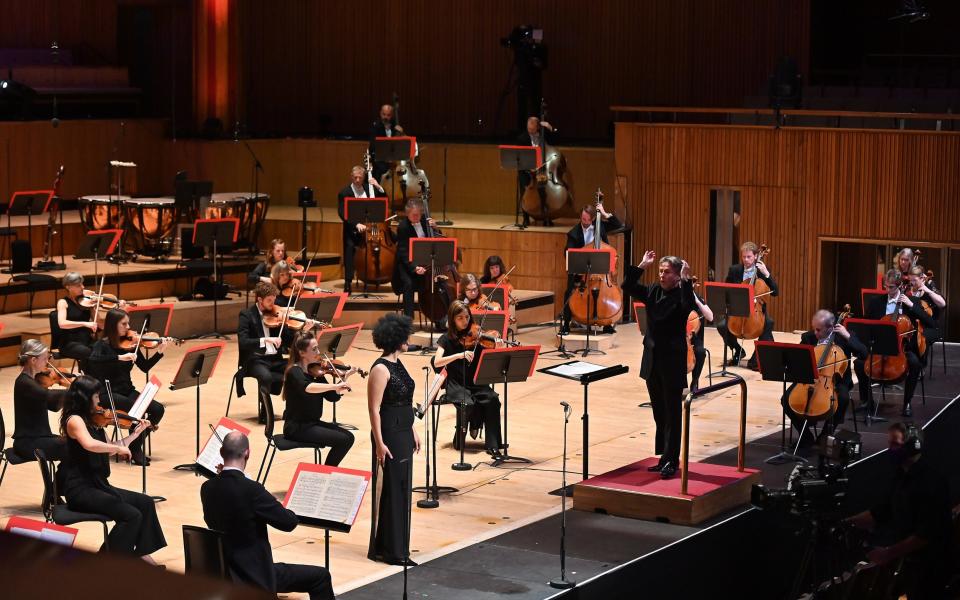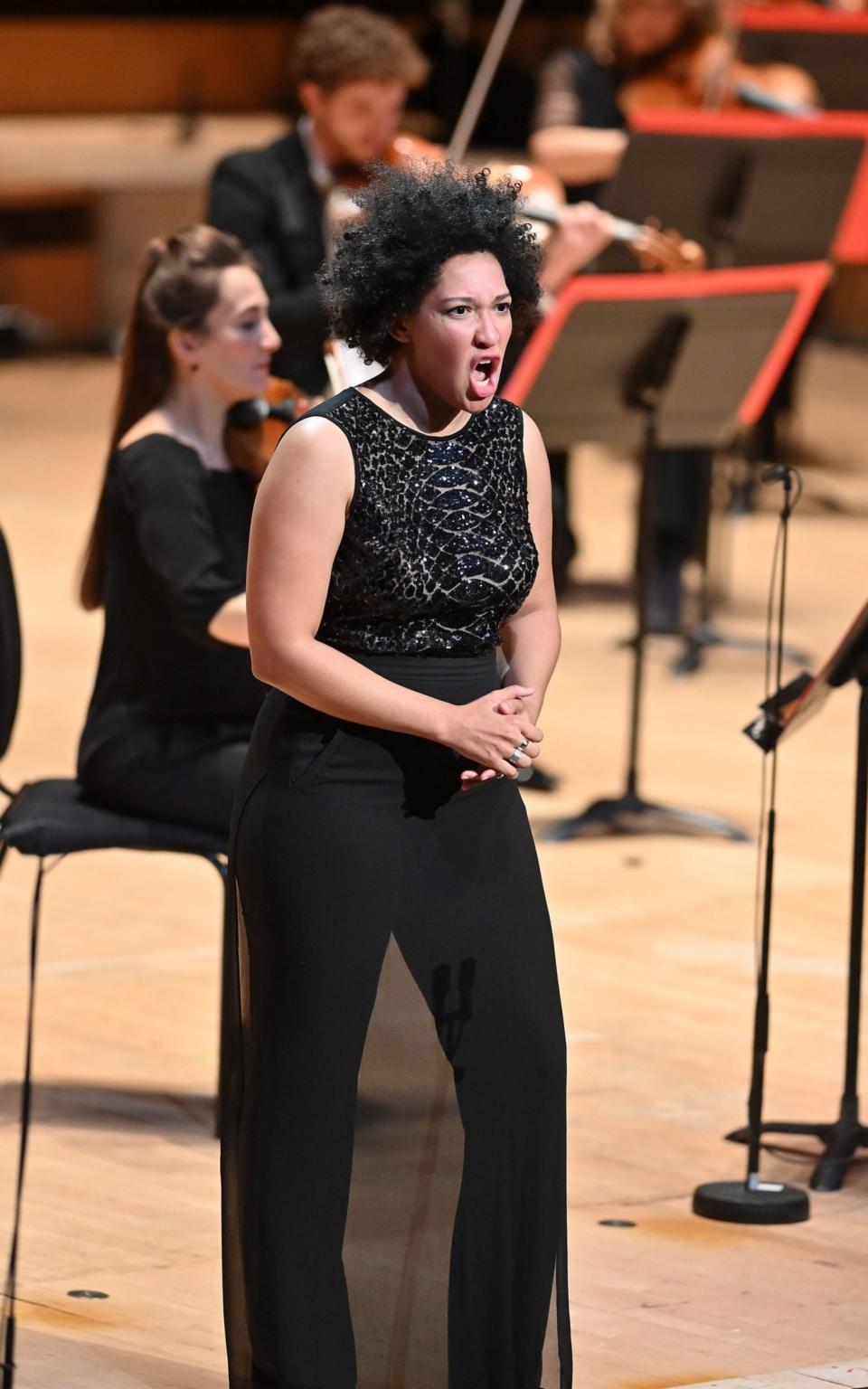Meet Toks Dada, Southbank’s youthful new classical music head: ‘It’s not my job to speak for people who look like me’

Imagine being asked to pilot a ship just at the moment when it’s taking in water and struggling to stay afloat, with stormy seas ahead and no safe harbour anywhere. That’s where Toks Dada now finds himself. He’s just been appointed as head of classical music at London’s Southbank Centre, one of the top jobs in classical music in the UK, but he arrives at the most difficult moment in the centre’s history.
Thanks to the pandemic, no events have taken place since mid-March, and many of the commercial tenants on the site are unable to pay their rents. As a result, the centre’s income has been slashed to zero, apart from government subsidy, leaving it saddled with debts. All live events have been cancelled until the end of March, though streamed events continue and the Hayward Gallery has been open since July.
This air of crisis has overshadowed two things about Dada that ought to make his appointment headline news in the arts world. Not quite 31 years old, he’s the youngest person to occupy such a senior position in classical music in the UK, and he’s also black. This, of course, makes him a symbol of the art form’s determination to become more diverse. But the last thing Dada wants to be is a poster boy for youth and BAME people in classical music.
“It’s true, I am unusual in an industry where people of colour are under-represented,” he says carefully. “And, of course, classical music needs to be more diverse, and people assume that because of who I am I will take this more seriously. But actually, the fact of me being black is irrelevant, because whoever is in this role, whether they are white or mixed heritage or whatever would have to take diversity seriously.
“What we don't want is a situation where the few people of colour that exist in a particular sector are being asked to speak on behalf of all people who look like them. It is incumbent on all of us to make classical music as diverse as it can be.”

To those who might ask “why?”, Dada has a simple answer. “Because I want to bring this great art form to as many people as possible.” And, to this end, he is considering different ways of presenting the music.
“I think what people are looking for is something new, an experience rather than just a concert,” he says. “I’m not saying an orchestral concert isn’t a great experience in itself, but I’m looking for different ways in that will relate to the experience of different kinds of people.”
All this sounds bracingly radical, and yet Dada’s background was actually quite conservative. He grew up in Manchester at a time when school music provision was still generous, and took up stringed instruments at primary school. Eventually he focused on the viola, and later went to a Saturday morning music centre for orchestral and chamber music.
“I just fell in love with the music,” he says. “I remember watching all the Proms repeats on BBC Four, and thinking I want to be part of this world that is so full of amazingly talented people.” His musical tastes are wide, but he admits to a particular love for Vaughan Williams. “I really love his Dives and Lazarus, and being a violist I adore his Flos Campi [a suite for solo viola small chorus and orchestra].”

It was while studying at the Royal Welsh College of Music and Drama that Dada discovered his talent as an entrepreneur. He later set up a promoting and production company Sinfonia Newydd to showcase the work of composers and musicians, often working with dancers and artists. Then came a five-year spell at Symphony Hall and Town Hall in Birmingham, where he latterly ran the classical music programme, and honed his skills in reinvigorating the concert format.
But now he takes over at a big institution created as a national centre for traditionally conceived orchestral and chamber concerts, where the roster of ‘great classics’ would be constantly on display.
Is he mindful of that? “Of course I am very mindful of the importance of the canon, and I can assure you it’s very close to me personally,” he starts. “[But] classical music can mean different things to different people. For some it will stretch back to the medieval period, for others it doesn’t begin until much later. And, of course, now there is a huge grey area where classical music borders onto contemporary music. I need to pay attention to these areas, but that doesn’t mean people will not be able to come to listen to their Brahms symphonies and Stravinsky ballets and Elgar and Bach.
“The classics and the new things must exist side-by-side, it's not a case of either or. What I'm aiming at is evolution not revolution,” he says, a phrase I hear more than once during our conversation.

As to the immediate future, what’s in his in-tray? He pauses, as if overwhelmed by the question. “Everything and nothing. Of course there are immediate things to deal with, conversations started by my predecessor about what’s happening early next year, which I have to continue. And of course I will have to operate under serious budgetary constraints. But in the longer term, I have to face the fact that the pandemic has completely reset everything, whether we like it or not.”
Like many leaders in the performing arts, Dada thinks the digital revolution brought on by the pandemic, with institutions moving their cultural offerings online, is here to stay.
“It was great that this happened, but it made me think we could have done this before. We could have been investing in digital technology to allow us to stream our programmes way before the pandemic ever existed. It’s a hugely important way to reach a new audience.
“We’ve been able to do a lot of learning and speculating and dreaming during these strange times, and it’s important we don’t forget all that as we move forward.”
The Southbank may have vast problems to grapple with in the coming years, but one thing is for sure: their new classical music supremo is not lacking in vision.
For details of recorded, live-streamed and live events at the Southbank, go to southbankcentre.co.uk

